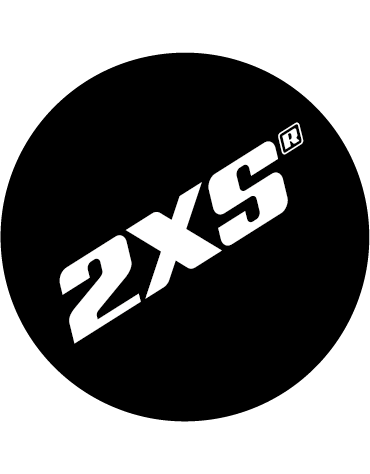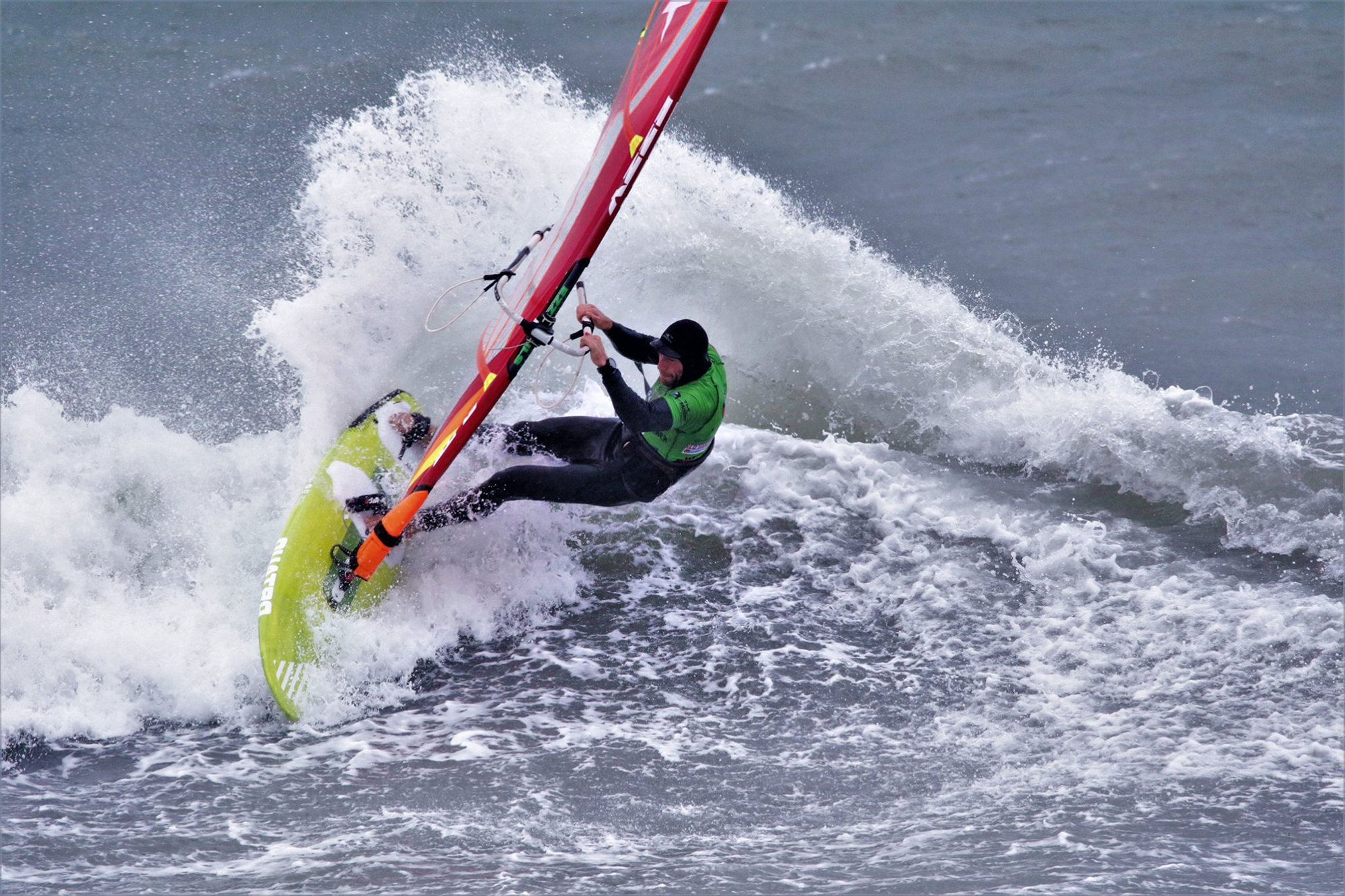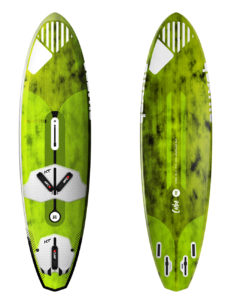The new 2020 Quatro Cube
Late this summer I very gratefully received the latest evolution of the Quatro quad fin, “Cube” to replace my previous year’s version. The question that naturally arises on the release of a new board is ‘how is this different from the previous version of the board’ or more relevantly for a buyer with his hand on his wallet ‘how much better is this board that last years’? I will briefly attempt to explore these questions. Putting my cards on the table – I do have a sponsorship with Quatro so I am not immune to bias, but I am also not interested in fabrication or hype. This is my perspective alone.
The context
I typically windsurf in cross-onshore conditions, which I whole-heartedly love and experience predominantly at my local beach like many of you I’m sure. For this I steered towards the “Cube” for it’s versatility as a quad fin board. It also clearly performs exceptionally well in down-the-line conditions as my experience will confirm (for what it is worth) and any video you may have seen of the Quatro team over in Maui will attest. I currently have the 82 litre and 98 litre boards and in previous years the 86 and 95. It always amazes me how with the bigger boards they turn so well. I use K4 fins and enjoy their durability and performance. It’s also Ezzy all the way for me and have a long standing love of these sails.
Regarding jumping
Possibly due to the quad fin setup I find this board offers me control at take-off of pretty much any chop infested ramp I need but allows me to loosen things up on the wave. I always aim to jump high and over the years I have come to regard the build quality and strength of this board very highly. Of course technique on landing helps (which let’s face it we could all continually improve) but I do not have any concerns for this board when I take this board in to the air. And if you are paying good money for a board, neither should you. You need focus and no doubt in your mind it is up to the job.
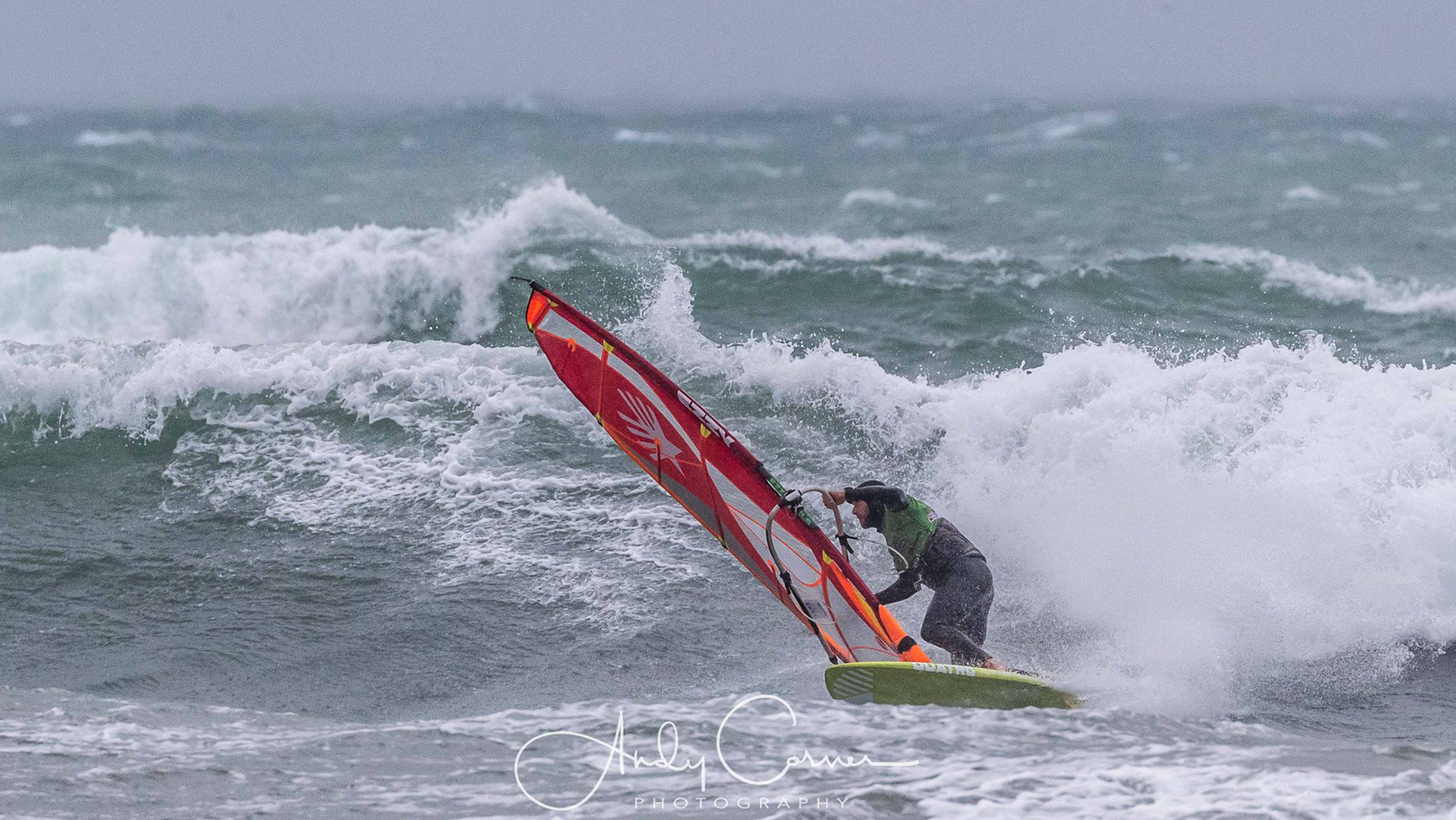
Regarding turning
The “Cubes” comfortably turn in the pocket of every wave type (that I’ve experienced) with little thought required of the rider with the more critical section the better the results. Most often engaging a rail isn’t a thought out process and well directed back foot pressure can either pivot or carve the board where you need it to go and how urgent the need. Notice how I mentioned the ‘pocket’.
Perhaps the key difference I have noticed between this year’s and previous versions of the Cube is the approach and performance in soft sloppy waves or waves without verticality. In this setting it seems to achieve a superior carving turn and maintains more speed. Whereas in prior versions I’d need to focus more on mast foot pressure to engage the rail and get less back. It now appears automatic and faster. Hungry to turn. This added speed in turns was noticeable on my first use of the board in all wave types (that I’ve tried at least).
Whilst I’ve noticed this change in style and approach to turning on soft waves, an element I do like that is maintained from previous year in addition to this capability is that you can ‘over turn’ the board if you want to make expressive abrupt turns in onshore riding. The idea being just get ready with the mast foot pressure and push harder than you believe possible with the back foot almost slam-gybing the board. It manages to churn then grip and redirect in to the oncoming section of white water mush. Fantastic.
Just look at the new rail shape – it’s glorious. It is also markedly different to the previous year. What difference does it make? I’m no shaper but the rail look like it probably has a lot to do with the additional benefits I’m experiencing.
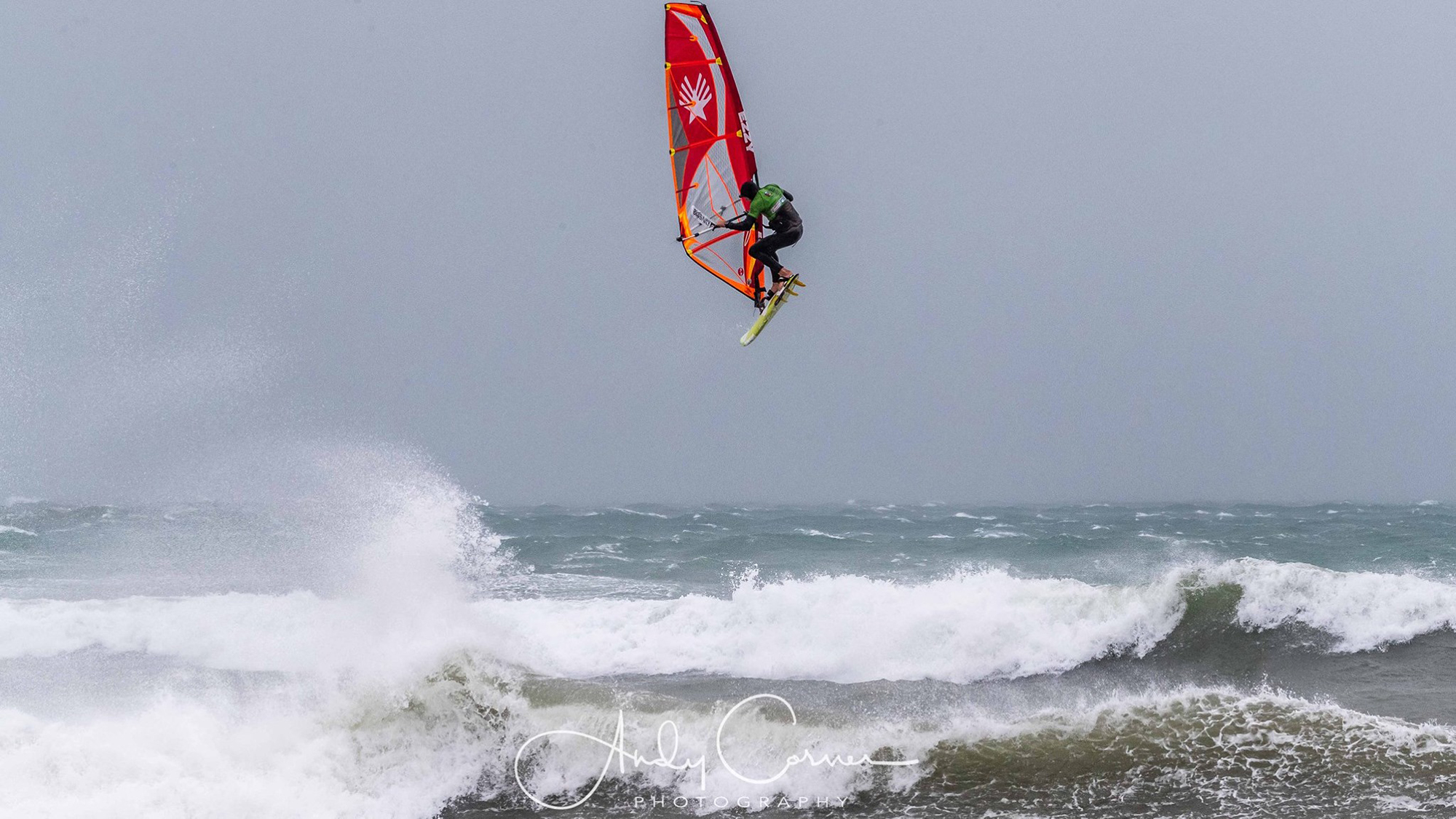
Summarised key points differences with last years board?
– Lovely carving turns where you feel like you are accelerating through the turn.
– Easier and more rewarding turning capability in poor quality (less vertical) waves.
– The rail just wants to engage and grip
– Maintains all other high quality aspects of the previous version of the “Cube”.
Now if you want to field test your gear don’t forget to check out Bigsalty Weather to find out where and when to go. You can set up free custom alerts for wind and swell to take you to all different wave types around our coastline. Check it out here: bigsalty.com
Here’s to a windy winter!
